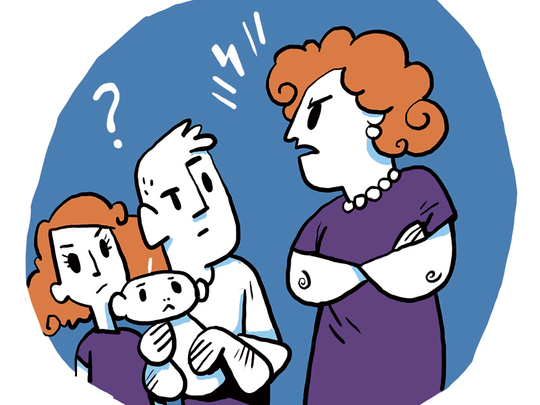
London: Couples with children are likely to have more conflicts with in-laws compared to their childless peers, a study has revealed.
The findings showed that being a parent may be associated with conflicts between generations.
Compared to childless couples, couples with children were as likely to report conflicts with their own parents.
Importantly, they were more likely to report conflicts with their parents-in-law, the researchers said.
Childcare provided by grandparents is of great help to parents of young children, but it may also be a source of conflicts.
“Daughters-in-law were more likely to report conflicts when their mother-in-law provided more grandchild care,” said researcher Mirkka Danielsbacka from Suomen Akatemia (Academy of Finland).
“This indicates that the increase in conflicts between in-laws are related to grandchild care,” Danielsbacka added.
Previous studies have shown that in-laws become more “kin-like” to each other when a grandchild unites kin lineages. Treating an in-law almost as biological kin can make the adults involved feel closer to each other and help each other more — a phenomenon called “kinship premium”.
However, the new study documented evidence of a “kinship penalty”.
As in-laws become more kin-like through the presence of a grandchild, their mutual conflicts increase, the researchers said.
To analyse conflicts that couples reported having with their own parents and their in-laws the team used survey data from Finland with more than 1,200 respondents.
The results took into account how frequently family members were in contact with each other and how emotionally close they felt, as well as other sociodemographic factors.











